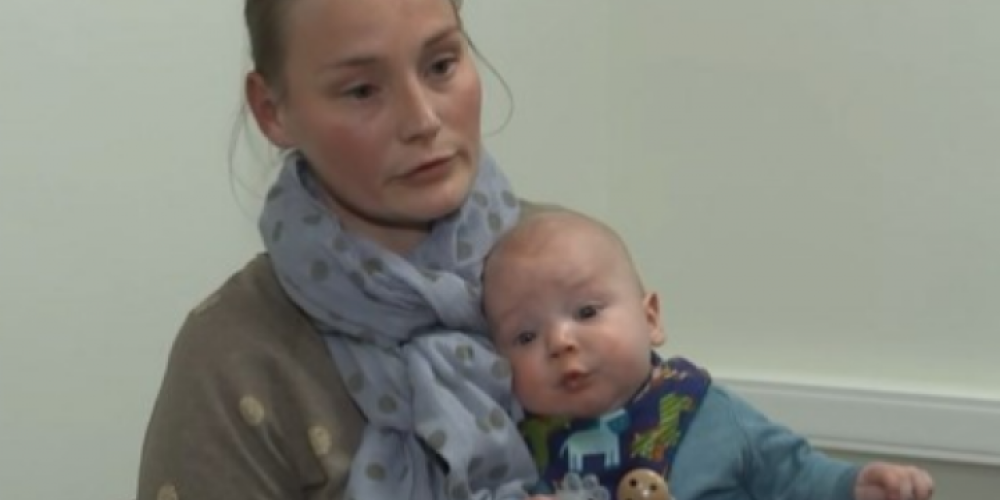
It started with a lump on her back. It was already annoying to have it removed and sent off to the lab for analysis. That was in 2010. The result came a bit late, but when Valérie returned home one evening from the cinema, a message from the hospital was waiting on her answering machine: the lump turned out to be a melanoma.
The big guns were brought out immediately, but in vain it turned out: the skin cancer she had was one of the most malignant ones. After 60 radiations, Valérie discovered a new lump in her neck. Malignant, again. From that moment on, it all went downhill and the cancer continued to grow. Finally, Valérie got the damning verdict: there were no more treatment options left for her to take. The next step? Wait for death.
But then things turned around. She went to the VUB’s University Hospital (UZ Brussel), where they initially succeeded in stabilising the cancer and stopped it from growing. However, Valerie had become so weakened by all the treatments, her body could no longer take it. It’s at that moment her oncologist at the UZ Brussel explained the research the hospital was doing into new cancer treatments, and it might be an option for her.
Without dendritic cell therapy Valérie would have been dead now.
The new treatment is called dendritic cell therapy. The research is a collaboration between the Vrije Universiteit Brussel’s faculty of medicine and the LMCT Laboratory, led by Professor Kris Thielemans. Bart Neyns, oncologist at the VUB’s UZ Brussels, explains the treatment. “Our immune system has different types of cells," he says. “Some cells work as soldiers who attack the bad cells. The dendritic cells tell those soldiers cells which cells they should attack. In the therapy, also called immunotherapy, the dendritic cells are removed from the patient's body and adapted in a laboratory so they get the soldier cells to specifically target the cancer. In other words, the patient's own immune system is used to destroy the cancer.
The technique proved to be Valérie’s salvation. From January 2013, every scan improved, and today all the cancerous cells have gone. On top of that, in August 2017 she became the proud mother of a baby boy, Thibault.
For Professor Neyns, Valérie’s story is a milestone. “Without dendritic cell therapy Valérie would have been dead now," he says. He hopes that the therapy will save the lives of many more people in the future. “Research into immunotherapy is advancing rapidly. The survival rates for the cancers where dendritic cell therapy can be used, have increased. For example, new therapies are being developed against leukaemia in children or aggressive lymph node cancer in adults.”